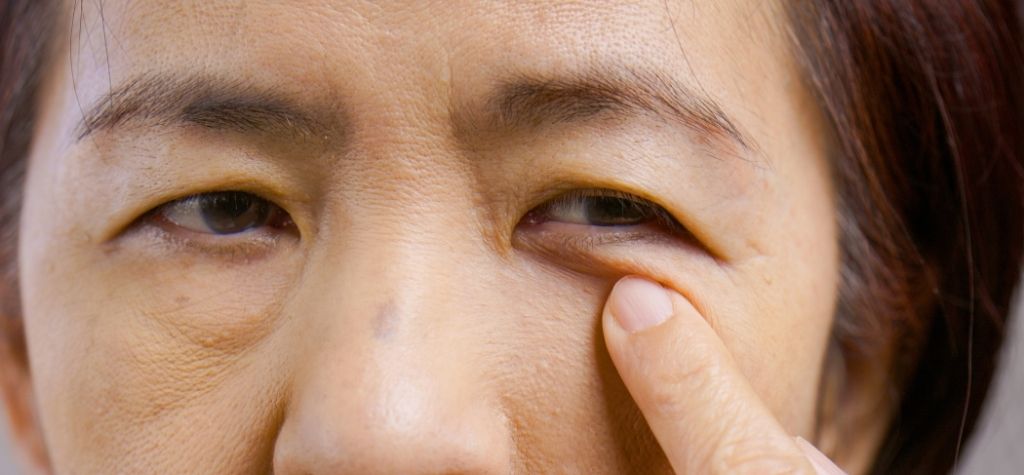Stress affects more than just your mental well-being—it can also take a serious toll on your eye health and vision. In today’s fast-paced world, prolonged stress can lead to eye strain, blurry vision, headaches, and even long-term damage if left unchecked.
So, how exactly does stress impact your eyes, and what can you do to protect your vision? Let’s dive into the science and solutions.
The Connection Between Stress and Eye Health
When you’re stressed, your body goes into “fight or flight” mode, releasing hormones like cortisol and adrenaline. While this response is helpful in short bursts, chronic stress can negatively affect your vision by:
🔹 Tensing eye muscles, leading to discomfort and strain.
🔹 Reducing blood flow to the eyes, causing dryness and blurred vision.
🔹 Triggering migraines and light sensitivity.
🔹 Increasing intraocular pressure (IOP), which may contribute to conditions like glaucoma.
👉 Fact: Studies show that stress can worsen existing eye conditions, including dry eye syndrome and retinal issues.
Short-Term Effects of Stress on Vision

When you experience acute stress, you might notice symptoms such as:
✔ Blurry vision – Sudden stress can cause temporary focus issues.
✔ Eye twitching – Also known as myokymia, this occurs when eyelid muscles contract uncontrollably.
✔ Light sensitivity – Bright screens or lights may feel overwhelming.
✔ Dry or watery eyes – Stress can disrupt tear production, leading to irritation.
These symptoms often go away once stress levels decrease, but frequent episodes can cause long-term damage.
Long-Term Effects: Can Stress Cause Permanent Vision Problems?
If stress becomes chronic, it can lead to more serious eye conditions, such as:
🚨 Glaucoma – Increased eye pressure from stress may raise the risk of optic nerve damage.
🚨 Central Serous Retinopathy (CSR) – A stress-related condition where fluid builds up under the retina, causing distorted vision.
🚨 Retinal Detachment Risk – High-stress individuals with existing eye conditions may be at greater risk.
👉 Important: Long-term stress can contribute to the progression of vision loss, especially in those predisposed to eye diseases.
How to Protect Your Eyes from Stress-Related Damage

You can reduce stress-related eye problems with these simple but effective techniques:
✅ Practice the 20-20-20 Rule – Every 20 minutes, look at something 20 feet away for at least 20 seconds.
✅ Try Relaxation Techniques – Deep breathing, yoga, and meditation help lower stress levels.
✅ Get Regular Eye Exams – Monitor changes in vision and detect issues early.
✅ Improve Sleep Hygiene – Poor sleep worsens eye strain and dryness.
✅ Reduce Screen Time – Blue light from screens can increase stress-related eye fatigue.
💡 Pro Tip: Use artificial tears to combat dryness and blue light glasses for digital screen protection.
Final Thoughts: Keep Your Eyes Stress-Free
Stress is a part of life, but chronic stress can harm your vision over time. By practicing relaxation techniques, taking care of your eyes, and managing stress effectively, you can protect your eyesight for years to come.

